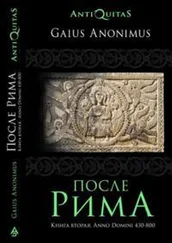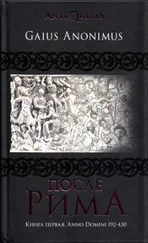This digression has been necessary to explain how it was that the volunteers were capable of acquiring all the scientific knowledge necessary to the ranks of a force trained to the highest military duties. As to the officers, the position was sufficiently coveted to induce competitors for command in Volunteer regiments to study the most advanced branches of the profession.
It will be understood Lord Reginald, while offering to retire from the regular service, but intending to retain his Volunteer command, really made no military sacrifice, whilst he took up a high ground embarrassing to the authorities. He forced them either to accept his refusal of the London command, and be a party to the breach of discipline involved in a soldier declining to render service wherever it was demanded, or to require his retirement from the regular service, with the certainty of all kinds of questions being asked and surmises made.
It was no doubt unusual to offer him such a splendid command without ascertaining that he was ready to accept it, and there was a great risk of Miss Fitzherbert's name being brought up in an unpleasant manner. Women lived in the full light of day, and several journals were in the habit of declaring that the likes and dislikes of women were allowed far too much influence. What an opportunity would be afforded to them if they could hang ever so slightly Lord Reginald's retirement on some affair of the heart connected with that much-envied young statesman Miss Fitzherbert!
Mrs. Hardinge rapidly realised all the features of the case. "He means mischief, this man," she said; "but he shall not hurt Hilda if I can help it." Then she minuted "Write Lord Reginald that I regret he is unable to accept an appointment which I thought would give him pleasure, and which he is so qualified to adorn." She laughed over this sentence. "He will understand its irony," she thought, "and smart under it." She continued, "Add that I see no reason for his retirement from the regular service. It was through accident he was not consulted before the offer was officially made. I should be sorry to deprive the Empire of his brilliant services. Mark 'Confidential.'" Then she thought to herself, "This is the best way out of it. He has gained to a certain extent a triumph, but he cannot make capital out of it."
CHAPTER IV.
PARTIAL VICTORY
Parliament was about to meet, and the Emperor was to open it with a speech delivered by himself. Much difference of opinion existed as to whether reference should be made to the question of altering the nature of the succession. The Emperor desired that all reference to it should be omitted. He told Mrs. Hardinge frankly he had decided not to agree to an alteration, but he said his greatest pain in refusing was the consciousness that it might deprive him of his present advisers. If the recommendation were formally made, he should be compelled to say that he would not concur until he had recourse to other advisers. He wished her not to impose on him such a necessity.
"But," said Mrs. Hardinge, "your Majesty is asking us to hold office at the expense of our opinions."
"Not so," replied his Majesty. "All pressing need of dealing with the question is over. I have resolved to break off the negotiations with the President of the United States for her daughter's hand. I do not think the union would be happy for either, and I take exception to the strong terms in which the President has urged a change in the succession of our imperial line. You see that the question is no longer an urgent one."
Конец ознакомительного фрагмента.
Текст предоставлен ООО «ЛитРес».
Прочитайте эту книгу целиком, купив полную легальную версию на ЛитРес.
Безопасно оплатить книгу можно банковской картой Visa, MasterCard, Maestro, со счета мобильного телефона, с платежного терминала, в салоне МТС или Связной, через PayPal, WebMoney, Яндекс.Деньги, QIWI Кошелек, бонусными картами или другим удобным Вам способом.
Every adult of eighteen years of age was allowed to vote and was consequently, by the laws of the Empire, eligible for election.












